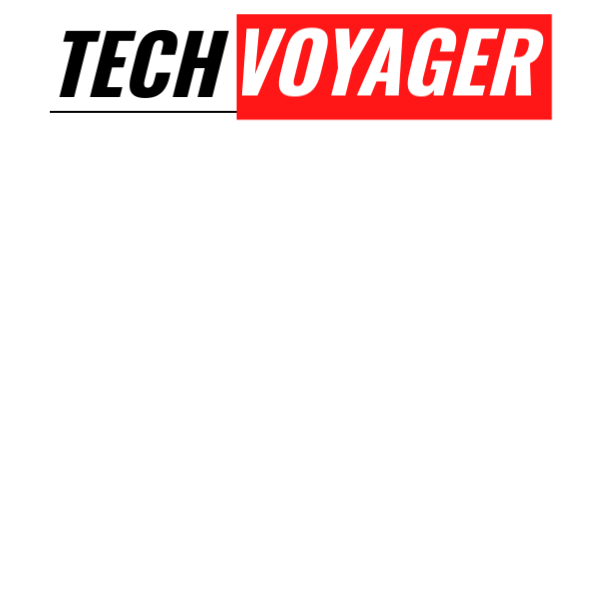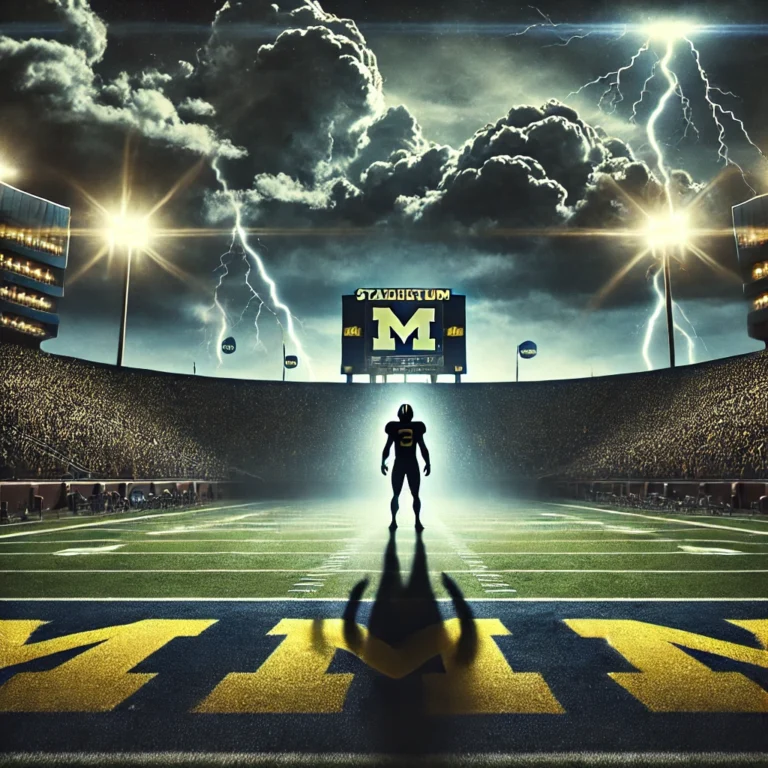In a dramatic escalation of tensions between the University of Michigan and the NCAA, the Wolverines have vehemently criticized the association’s recent sanctions related to an alleged sign-stealing scandal.
Labeling the penalties as an “unprecedented power grab,” Michigan’s administration has pledged to contest what they perceive as “unfair and draconian” measures with unwavering determination.
The controversy centers on accusations that Michigan engaged in illicit sign-stealing activities, purportedly orchestrated by former staff member Connor Stalions. The NCAA’s investigation, initiated in October 2023, alleges that Stalions spearheaded a scheme involving in-person scouting and the use of electronic equipment to record opponents’ signals during the 2023 season. Stalions resigned from his position in November 2023, maintaining his innocence but expressing a desire not to distract the team.
In response to these allegations, the NCAA has imposed significant sanctions on Michigan, including postseason bans and scholarship reductions. The university, however, has staunchly defended its program. Athletic Director Warde Manuel stated, “At the University of Michigan, all of us are committed to the highest standards of ethics and integrity for all members of our community. This is the same expectation I have of all coaches, staff, and student-athletes.”
Head Coach Jim Harbaugh has also denied any involvement in or knowledge of the alleged scheme. In a statement, Harbaugh asserted, “I do not have any knowledge or information regarding the University of Michigan football program illegally stealing signals, nor have I directed any staff member or others to participate in an off-campus scouting assignment.”
The university’s leadership has characterized the NCAA’s actions as overreaching, arguing that the penalties are disproportionate to the alleged violations. They contend that the association is leveraging its authority in an unprecedented manner, infringing upon the autonomy of member institutions.
This dispute has ignited a broader debate within the collegiate athletics community regarding the NCAA’s role and the consistency of its enforcement actions. Critics of the association argue that its disciplinary measures often lack transparency and proportionality, leading to perceptions of bias and unfairness.
Supporters of Michigan’s stance point to past instances where the NCAA’s punitive actions have been called into question. They argue that the current sanctions not only punish the alleged wrongdoers but also unfairly impact current student-athletes and staff who were not involved in the controversy.
As Michigan prepares to challenge the NCAA’s decision, the case is poised to become a landmark in the ongoing discourse about governance and fairness in collegiate sports. The university’s commitment to “unyielding defiance” signals a readiness to pursue all available avenues, including legal action, to overturn the sanctions.
This confrontation underscores the complex dynamics between educational institutions and governing bodies in collegiate athletics. It raises critical questions about the balance of power, the rights of institutions, and the mechanisms in place to ensure fair play and accountability.
As the situation unfolds, stakeholders across the spectrum of college sports will be closely monitoring the developments. The outcome of Michigan’s challenge could have far-reaching implications, potentially reshaping the landscape of NCAA enforcement and the relationship between the association and its member institutions.
In the meantime, the Wolverines continue to focus on their athletic pursuits, determined not to let the controversy derail their season. The team’s resilience in the face of adversity will undoubtedly be tested as the battle with the NCAA progresses.
The coming months promise to be pivotal, not just for Michigan, but for the future of collegiate athletics governance. The resolution of this conflict will likely serve as a precedent for how similar cases are handled moving forward, influencing policies and perceptions within the NCAA and beyond.
As both sides prepare for a protracted dispute, the sports world watches with bated breath, anticipating a resolution that will clarify the boundaries of authority and fairness in college sports.



